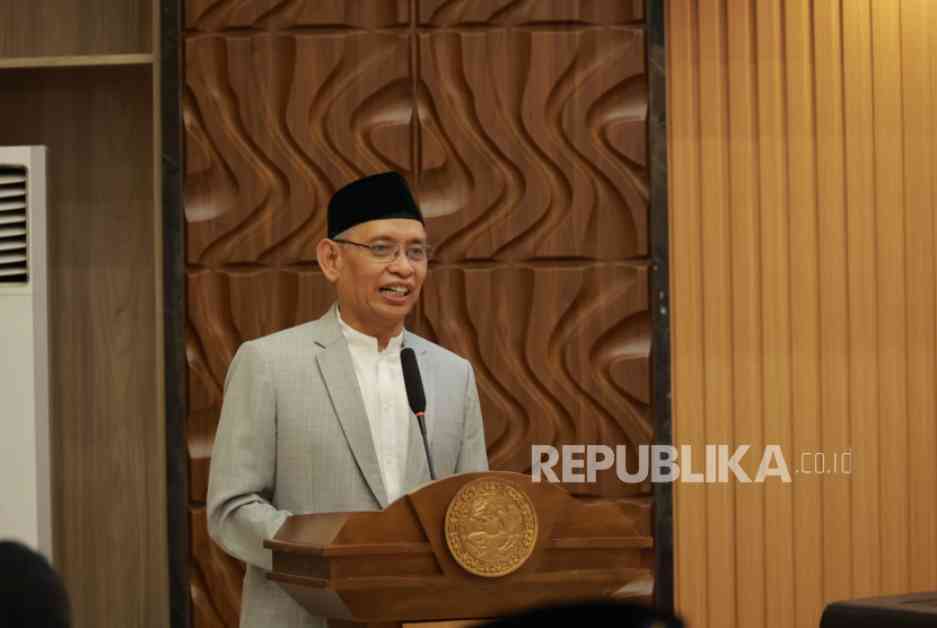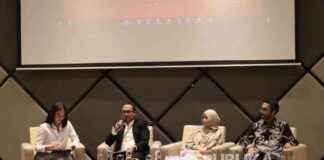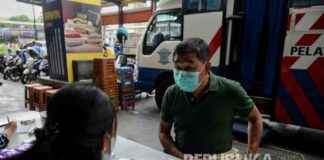Rektor Unair Approves Mining Business Permit for Campus
In a surprising turn of events, Rektor Universitas Airlangga (Unair) Surabaya, Prof Dr. Mohammad Nasih, has expressed his support for the government’s proposal to grant mining concessions to universities. Despite acknowledging the challenges that come with the mining business, he remains optimistic about the potential benefits it could bring to the academic institution.
Challenges in Managing Mining Business
During a recent statement in Surabaya, Prof. Nasih highlighted the complexities involved in the mining industry. He emphasized that managing a mining operation, especially in remote locations, poses significant challenges. In the initial stages, universities may not see immediate profits from such ventures, as it typically takes 3-4 years to break even.
Concerns Over Previous Mining Concessions
Reflecting on the mining permits granted to Muhammadiyah and Nahdlatul Ulama, Prof. Nasih raised concerns about the nature of these concessions. He pointed out that the mines acquired were either abandoned or previously operated by other entities. This raises questions about the condition of the mines and the necessary conservation efforts that need to be undertaken.
Importance of Further Investigation
Prof. Nasih stressed the importance of conducting thorough assessments of the acquired mining sites. He emphasized the need for detailed investigations to determine the extent of the remaining mineral deposits and the required conservation measures. Understanding the current state of the mines is crucial for making informed decisions about their future utilization.
Investment Requirements and Future Prospects
Moreover, Prof. Nasih highlighted the substantial investments that would be necessary to extract minerals from deeper layers of the earth. He underscored the financial commitments and technological advancements required for successful mining operations. Despite the challenges, he remains open to exploring the potential benefits that mining activities could bring to the university.
As the debate surrounding mining concessions for educational institutions continues, Prof. Nasih’s perspective sheds light on the complexities and considerations involved in such ventures. His pragmatic approach to balancing academic pursuits with economic opportunities underscores the need for comprehensive planning and strategic decision-making in the realm of university-led mining initiatives.














